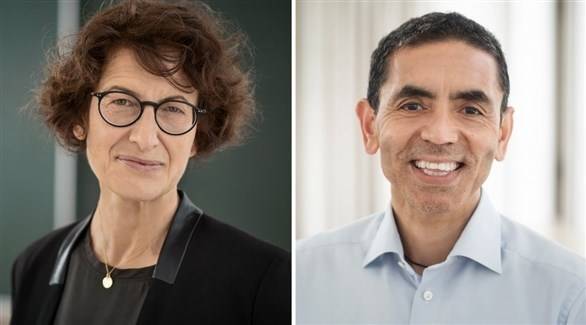The founder of the German pharmaceutical company BioNTech, Ugur Sahin, has established a scientific department for mRNA-based cancer immunotherapy at the Helmholtz Institute “HI-TRON” in Mainz, western Germany.
The idea is to stimulate the immune system to fight cancer using specific RNA molecules. The German Cancer Research Center (DKFZ) in Heidelberg announced today, Tuesday, that a major advantage of this method is that it allows for the relatively simple and rapid production of individualized vaccines for tumors.
It is noteworthy that BioNTech is already using mRNA technology in its own vaccine against COVID-19. The “HI-TRON” institute is a collaborative effort involving the Medical Faculty of the University of Mainz and Johannes Gutenberg University.
The DKFZ stated that the goal is to develop effective immunotherapies and identify new biomarkers for the treatment of tumor diseases to continue enhancing personalized cancer therapy. The institute noted that collaboration with Sahin began last February.
It was announced last December that Sahin's wife, Özlem Türeci, took on a professorship at the “HI-TRON” institute, dedicated primarily to developing personalized cancer therapies. Özlem Türeci co-founded BioNTech and also serves as the company's Chief Medical Officer.
The “HI-TRON” institute is currently located in the building of the Medical Faculty of the University of Mainz, but it is expected to move in a few years to a new laboratory building for the institute. The institute received startup funding from the state of Rhineland-Palatinate (whose capital is Mainz), the Medical Faculty, and the university.
Since last year, the institute has been funded up to 90% by the federal government, while the government of Rhineland-Palatinate has covered the remaining portion of the institute's funding. The Latin phrase “HI-TRON” refers to an abbreviation meaning “Helmholtz Institute for Translational Oncology in Mainz.”
The DKFZ claims to be the largest research institution in biomedical sciences in Germany, with over 3,000 employees.




